It's all about the classical music composers and their works from the last 400 years and much more about music. Hier erfahren Sie alles über die klassischen Komponisten und ihre Meisterwerke der letzten vierhundert Jahre und vieles mehr über Klassische Musik.
Total Pageviews
Saturday, June 24, 2023
A Day In The Life with orchestra - The Beatles (arr. Sam Haug)
Some Advice to Young Musicians
By Janet Horvath, Interlude
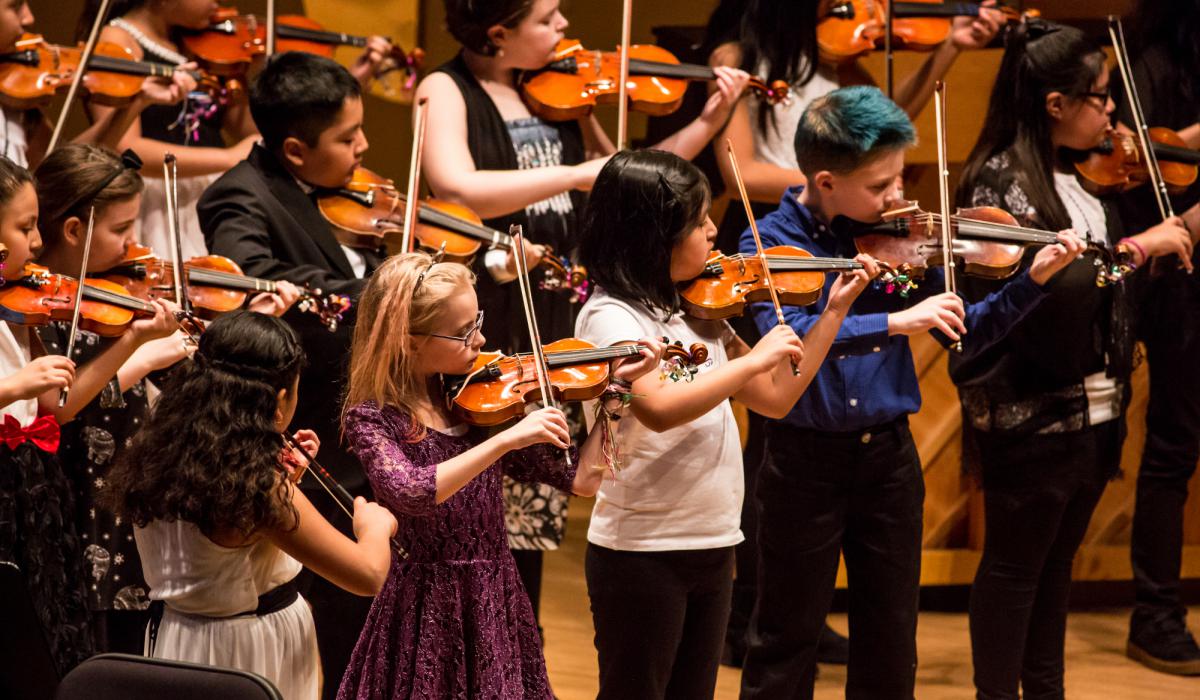
© Minnesota Youth Symphonies
Several of my adult students are passionate about their playing and are dedicated to setting aside time each day to make music, nurturing a lifelong passion, no matter their level of accomplishment. It got me thinking. What advice would I give young musicians, so they will always love playing music, wherever life takes them? Here are ten suggestions:
1. Play everything beautifully, even scales and exercises, with a warm alluring tone. Your sound quality is your voice, which should please you and your audience.
2. Always try to play with ease. Release any and all tension. Your music will flow if your body feels free. Think about breathing, and use the least amount of effort to execute a phrase.
3. Experiment with the way you express the music. Search for better and more meaningful ways to communicate. Avoid playing a phrase the same way twice. Change something—the phrasing, the dynamic, the fingering, the bowing, the bow speed, the sound quality.
4. Study the music away from your instrument. Attend performances of great music and outstanding musicians. Listen to a variety of artists’ masterclasses and recordings, including historic recordings. Compare their approaches, but never imitate. Try to find your unique interpretation.
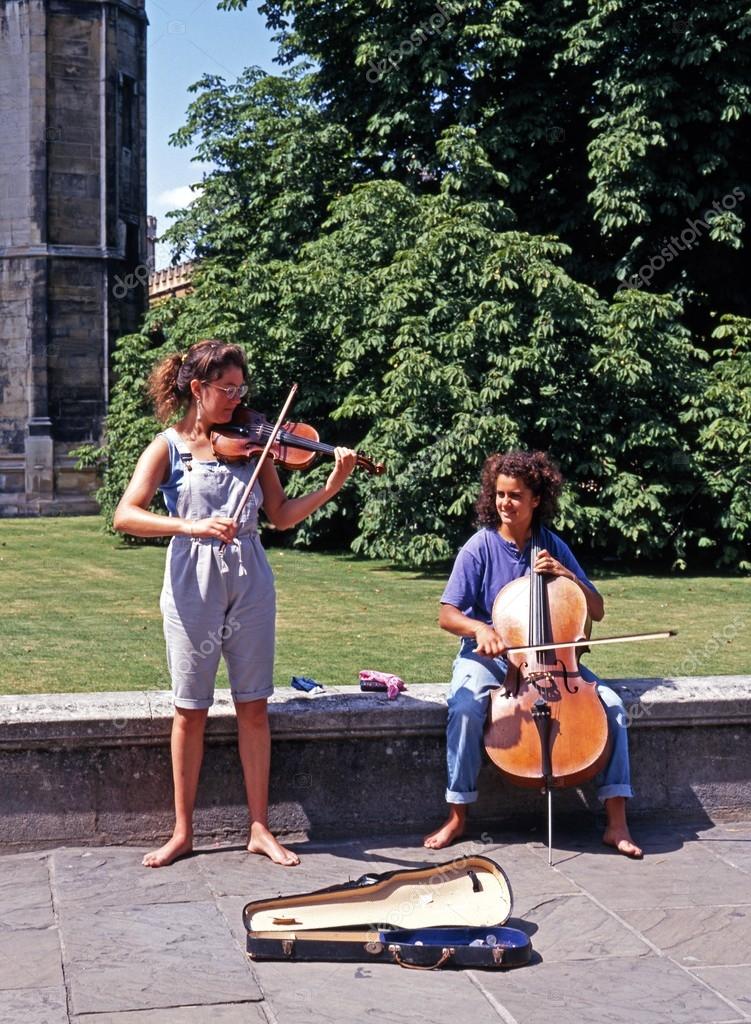
5. Practice consistently and carefully. One hour a day is better than three hours every three days. Never let a passage go by that is out of tune, poorly executed, or sounds ineffective. Consistency will lead to fluency. Listen for interruptions in the musical line. Analyze what didn’t work and go back over the passage with questions—was it due to a fingering, a shift, a bow-change, a breath, a string-crossing, the position of your hand or arm?
6. Seek out excellent teachers and colleagues. Learn from as many of them as you can. Be a good colleague and collaborator. Be willing to play with others, and to listen to others.
7. Play for people and perform often—at your place of worship, in your home, at community centers, or recital halls. Join a community orchestra or form a small ensemble that gets together frequently. One learns very quickly what works and what doesn’t in the performance situation.
8. Musicians are constantly criticized. Heed constructive suggestions but try not to take them personally. Learn to incorporate useful information to improve your playing.
9. Perfect pieces within your capabilities. Work on the techniques, which will help you play a piece skillfully, and will allow you to focus on communicating the music. Avoid struggling with a work that is beyond you at the moment.
10. Have confidence. Playing music is a process. Celebrate every milestone. If your goal is to move people emotionally not playing “perfectly” you will have succeeded. It’s a privilege to learn to play music. It’s an even greater privilege to share music with others. Remember, your audience and the colleagues with whom you are playing are there for the collective experience, for beauty, for transcendence.
Our world today has unique challenges. Economies are moving further away from traditional employment. In a world where innovation and originality are so important, where logical thinking and the ability to innovate are sought-after talents—imagination, inventiveness, tenacity, and creativity have become coveted skills. Learning a musical instrument enhances these skills and uses your head, as well as your heart. Making music will always enrich everything you do in life.
The Enchanting Power of Intimacy: Music in Small Venues
By Frances Wilson, Interlude
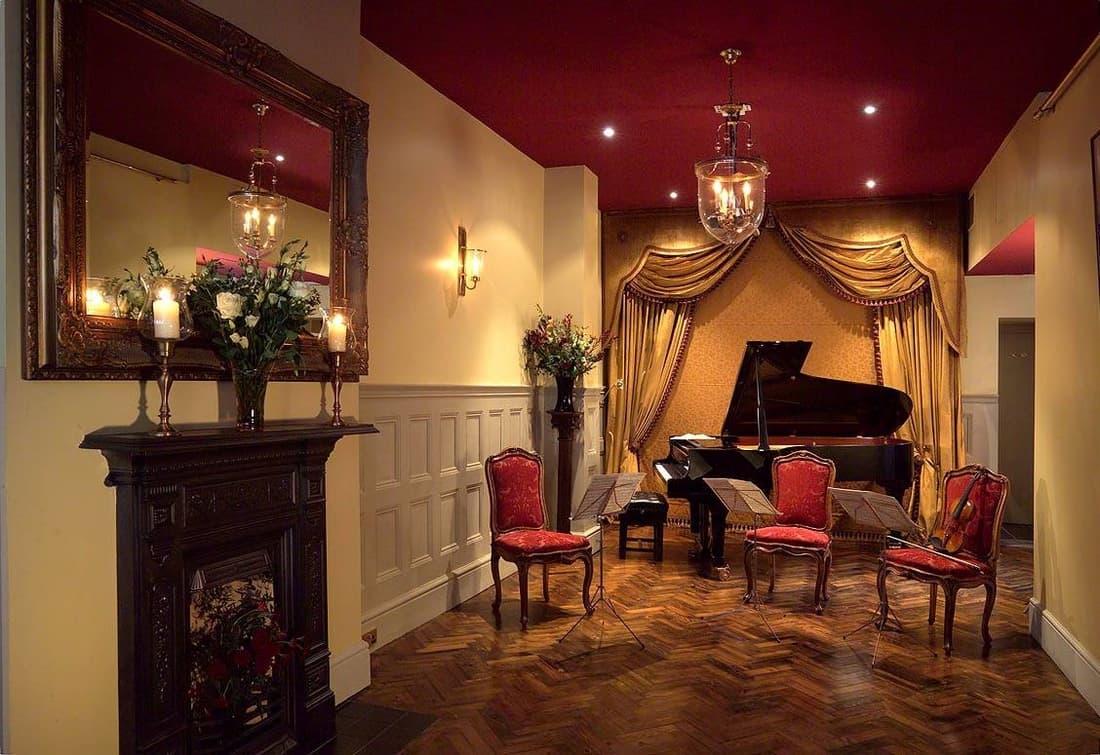
1901 Arts Club
In the realm of live music, small concert venues serve as magical spaces to create a unique connection between performers and audiences. While grand concert halls have their place, it is within the intimate confines of these smaller places that a profound and transformative musical and emotional experience unfolds.
Such places are often not purpose-built music venues but simply small spaces which lend themselves to a more intimate concert experience. They may be converted churches, a former schoolhouse (the 1901 Arts Club in London, for example), a café, a river barge, or even someone’s home. Music presented in such settings is also a reminder of how music was performed up until the mid-19th century, when performers like Franz Liszt and Clara Schumann transformed the intimate concert into the rather grander, large-scale affair which we understand today.
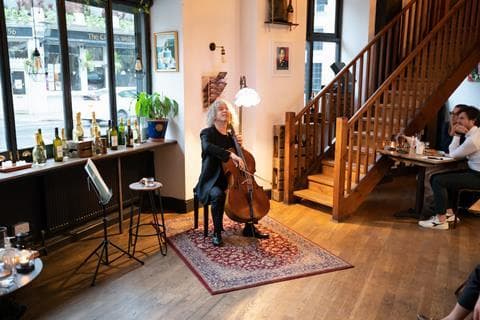
Steven Isserlis performing at Fidelio cafe
Small venues provide an unparalleled level of intimacy that is often absent in larger venues. The close proximity of the audience allows for a more immediate and personal connection between performers and listeners. Musicians can see and feel the energy of the listeners, creating a symbiotic relationship where the audience’s response fuels the performer’s passion. This intimate connection can foster a sense of vulnerability and authenticity, enhancing the overall experience for both parties.
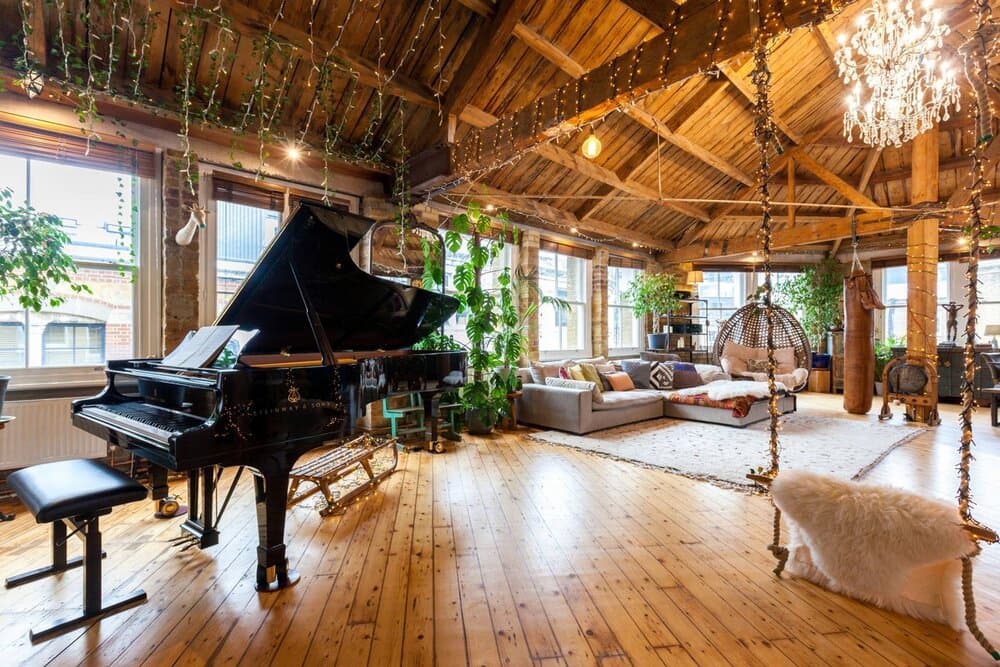
Treehouse Shoreditch
In smaller concert venues, performers have the freedom to express themselves authentically and with spontaneity. These venues often attract artists who prioritize creative exploration and experimentation over commercial success. Artists feel more comfortable taking risks and showcasing their true artistic vision, as they are performing for a receptive and engaged audience who appreciates the rawness of their craft. The absence of overwhelming production elements, such as special lighting or stage setting, encourages musicians to rely on their talents and ability to communicate which creates a genuine and organic musical experience.
For the audience, there is a heightened sense of engagement: they are not mere spectators but active participants in the unfolding narrative of the performance with more direct interaction with the musicians, a non-verbal ‘conversation’, as it were, which creates a sense of community and shared experience that is deeply gratifying for both performers and audiences alike. Audiences can get ‘up close and personal’ with music and musicians, watching the musicians interact with one another through eye contact and gestures, and actually witnessing music being created ‘in the moment’.
Small concert venues can also act as breeding grounds for emerging artists and composers, and the discovery of new, lesser-known, or rarely-performed repertoire. These intimate spaces provide a platform for performers to showcase their talent and gain exposure. Audiences, in turn, have the opportunity to discover hidden gems and witness the growth of rising stars firsthand. The sense of discovery and being part of an artist’s journey adds an element of excitement and exclusivity that is often absent in larger or more commercial venues.
Above all, the atmosphere in a small venue can be truly memorable. The intimate setting creates a special ambiance of a shared, often transformative, or immersive experience that resonates long after the performance ends.